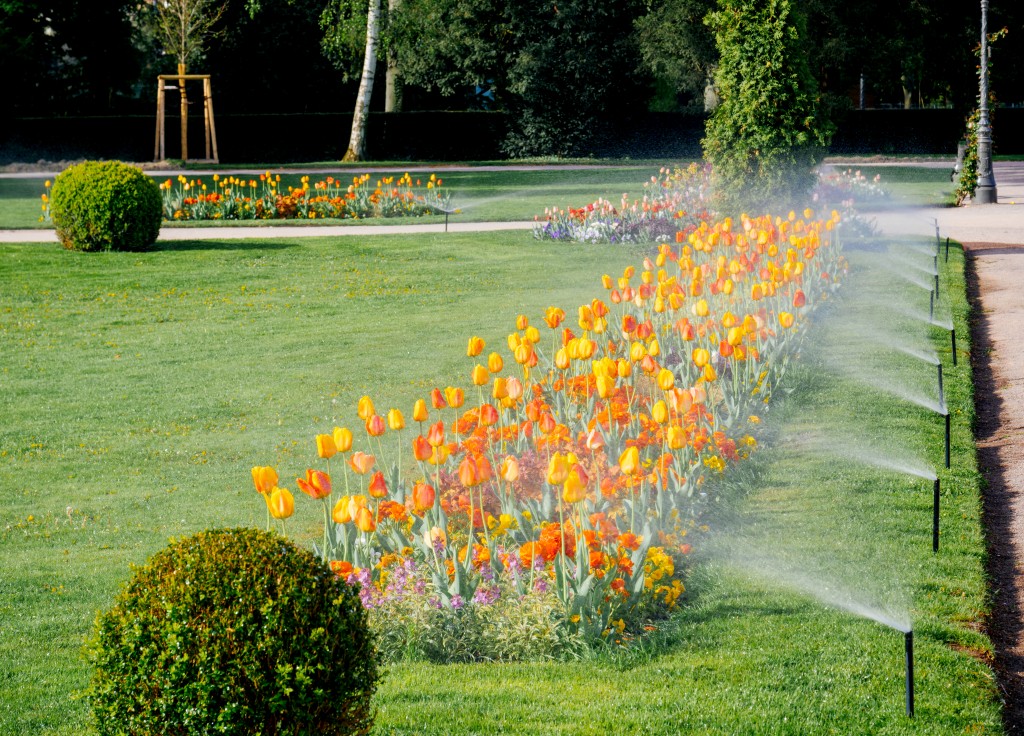For most homeowners, the front lawn and backyard are the most cherished parts of their homes. Many people use their lawns and gardens as a place to entertain and unwind. However, they also require constant maintenance to ensure the plants and grass remain healthy and verdant.
One of the most popular businesses is commercial landscaping services. Anyone who has owned a house in the suburbs has probably hired one. Are you planning to buy a home with a garden? Anyone driving through a well-maintained neighborhood will think that everyone there is good at taking care of their lawns and gardens. Of course, we know who’s doing the real work.
Every time you mow someone’s lawn, you are making a difference in someone’s life. If you do your job right, your clients will be blessed with a healthy lawn and a beautiful garden, and you will reap the benefits.
Here are strategies for running a lawn care and landscaping business:
1. Invest in the right tools
The tools you use have a significant effect on lawn health, which is why you must choose the right hand-tools and machines for the job. For instance, a good lawn mower can make the job easier, while the wrong one can make mowing a more tedious chore than usual. There’s even the risk of killing the grass you’re supposed to cut.
2. Use sharp blade

Make sure all your cutting tools and machines have been sharpened before a job. Do not cut plants or grass with dull blades. At least once a month, you should take your devices to a service shop and have the technicians tune it up and sharpen the blades.
Sharp blades are essential to the appearance and health of the grass. Grass that is cut by sharp blades retains more water and lives longer. And since much of the blade remains intact, the plant can produce more food. One sure sign that you’ve damaged the grass is the tips have turned white.
3. Avoid using chemicals
As much as possible, stay away from poisonous herbicides and pesticides. Many lawn care experts warn against using corrosive chemicals to kill weeds and pests. The chemicals in the formula can damage the surrounding environment and affect the local water table.
Harmful pesticides might also kill beneficial insects, earthworms, and microorganisms that help keep the ecosystem green and healthy.
4. Know your plants
You might want to brush up on basic plant knowledge: many of the plants that we consider as weeds are beneficial to the local ecosystem. For instance, clovers extract nitrogen from the air and distribute it to the soil. Instead of using synthetic fertilizers to improve the ground, you can plant fields of clover instead.
In the end, if you need to remove weeds from lawns, do so in a way that doesn’t harm the environment. Cutting can be useful but is often time-intensive. Instead, you can use non-chemical pesticides. For instance, you can use corn gluten or vinegar to remove weeds from your clients’ yards.

